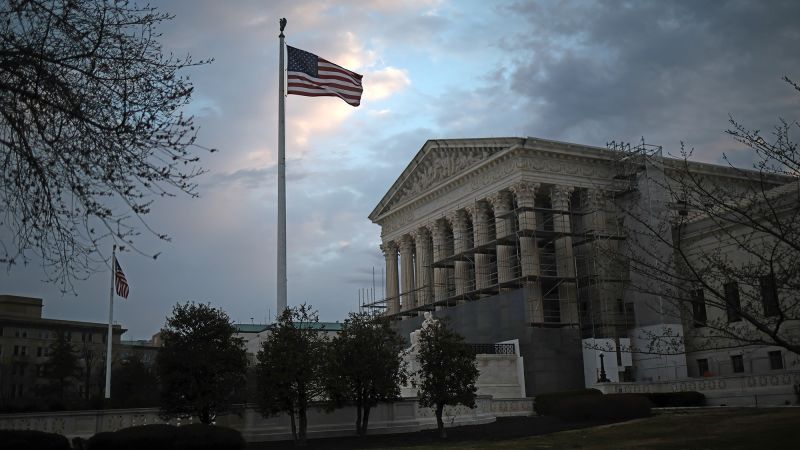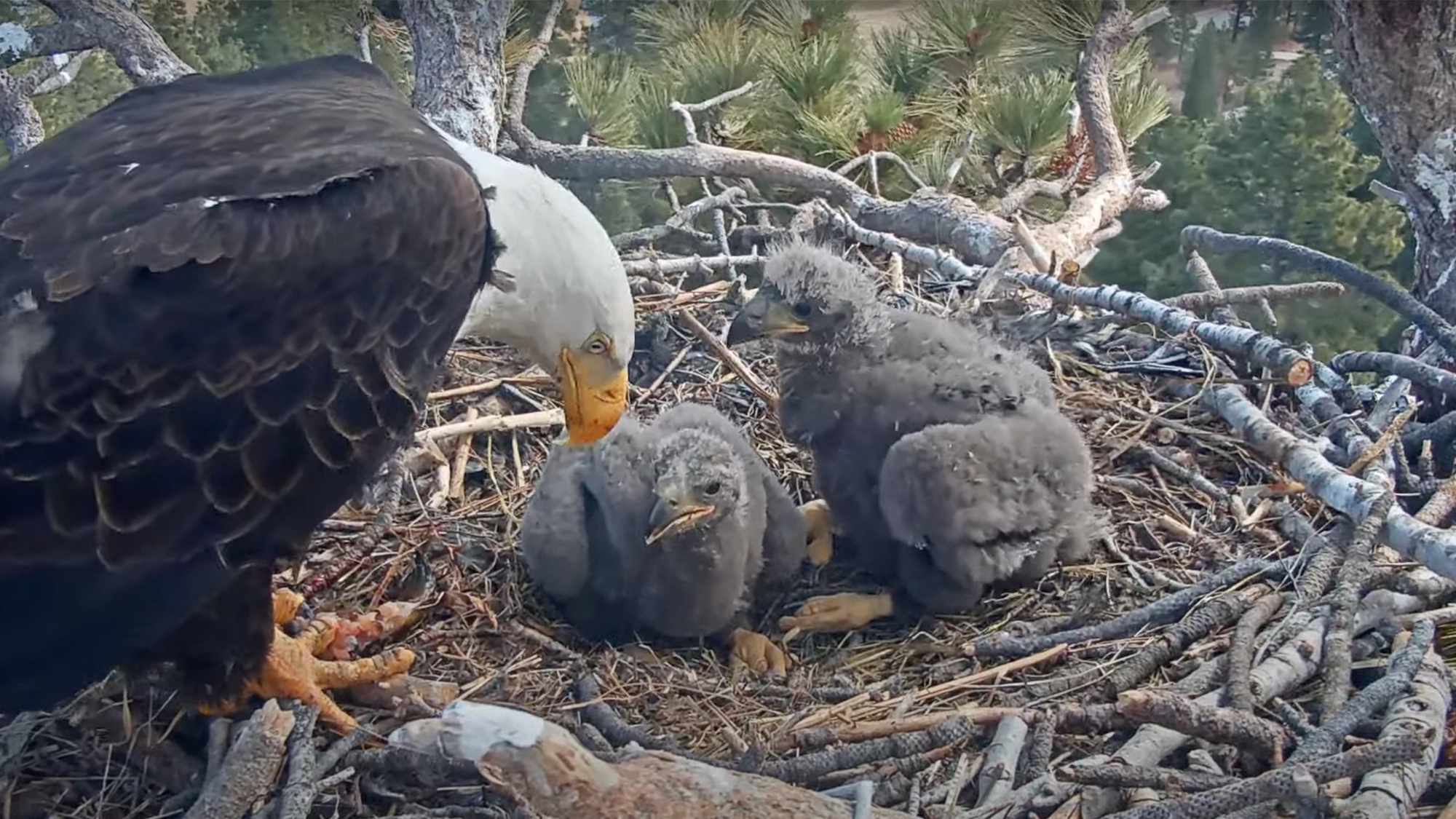
The Supreme Court will hear arguments Monday over whether states may require religiously affiliated groups like Catholic Charities to pay unemployment taxes in a case critics say could put more than 1 million US workers at risk of losing benefits. In the first religion-centered appeal the 6-3 conservative Supreme Court has heard in nearly two years , the Catholic Charities Bureau and four affiliate organizations say Wisconsin violated the First Amendment’s religious protections by denying exemptions from the taxes. Conservative justices in recent years have blurred the line that once clearly separated church from state.
They have done so on the theory that some government efforts intended to comply with the First Amendment’s establishment clause have been overbroad and discriminated against religion. The court has expanded the circumstances under which taxpayer money may fund religious schools , for instance, it allowed a public high school football coach to pray on the 50-yard line and ruled that Boston could not block a Christian group from raising a flag at City Hall . A decision, expected by the end of June, could have broad implications if it sweeps widely enough to cover other religiously affiliated organizations, such as hospitals.

It may also limit the government’s ability to look behind the pulpit to assess whether groups are, in fact, religious or only claiming to be in order to avoid taxes. “Taking religious organizations at their word on the religiousness of their activities makes it hard for the government to challenge if those activities are actually religious,” said Luís Calderón Gómez, a professor at the Benjamin N. Cardozo School of Law at Yeshiva University who specializes in tax law.
“You open the doors for abuse when you just look at whether there’s a sincerely held belief rather than actually looking at the activity” the business is engaged in, he said. Churches are already exempt from most taxes. The question for the court is whether that exemption extends to a group like Catholic Charities, which while affiliated with the diocese of the Roman Catholic Church does not proselytize.
The Catholic Charities Bureau describes itself as the “social ministry arm of the Diocese of Superior” in Wisconsin and says that it carries out a “wide variety of ministries for the elderly, the disabled, the poor,” and others. “Wisconsin has denied Catholic Charities a religious exemption that the state freely extends to other religious organizations based on the absurd view that Catholic Charities’ aid to the needy isn’t actually religious at all,” the group’s attorneys told the Supreme Court. Catholic Charities and the other organizations challenging the state are represented by the Becket Fund for Religious Liberty.
The group said its employees would continue to have unemployment coverage but that it would be provided by a church-affiliated entity rather than the state. The group’s opponents say employees in other workplaces may not be so lucky. Forty-seven states and the federal government include exemptions from unemployment taxes for religious organizations similar to Wisconsin’s suggesting the court’ decision could have wide impact.
Approximately 787,000 employees work for six multibillion-dollar Catholic-affiliated healthcare systems, according to the Freedom from Religion Foundation, which filed a brief supporting the state. The Service Employees International Union, which also backs the state, estimated that more than a million workers are employed by religiously affiliated organizations. Wisconsin told the Supreme Court that Catholic Charities has participated in its unemployment insurance program without complaint since 1971.
“If the First Amendment did not allow religious accommodations to be tailored to particular religious groups on a nondenominational basis, legislatures (and courts) would have to choose between exempting all religious groups or none at all,” Wisconsin officials told the high court. The Supreme Court’s conservative majority has sided time and again with religious entities in recent years, suggesting Catholic Charities likely has the advantage heading into court on Monday. In an important 2017 opinion , the court’s conservatives declared that Missouri unconstitutionally excluded Trinity Lutheran Church from a program that offered grants to non-profit groups for playground upgrades.
That decision led to additional rulings expanding the theory further, culminating in an opinion three years ago that barred Maine from excluding schools offering religious instruction from a voucher program for parents in rural areas. “A state’s antiestablishment interest does not justify enactments that exclude some members of the community from an otherwise generally available public benefit because of their religious exercise,” Chief Justice John Roberts wrote for a 6-3 majority..















